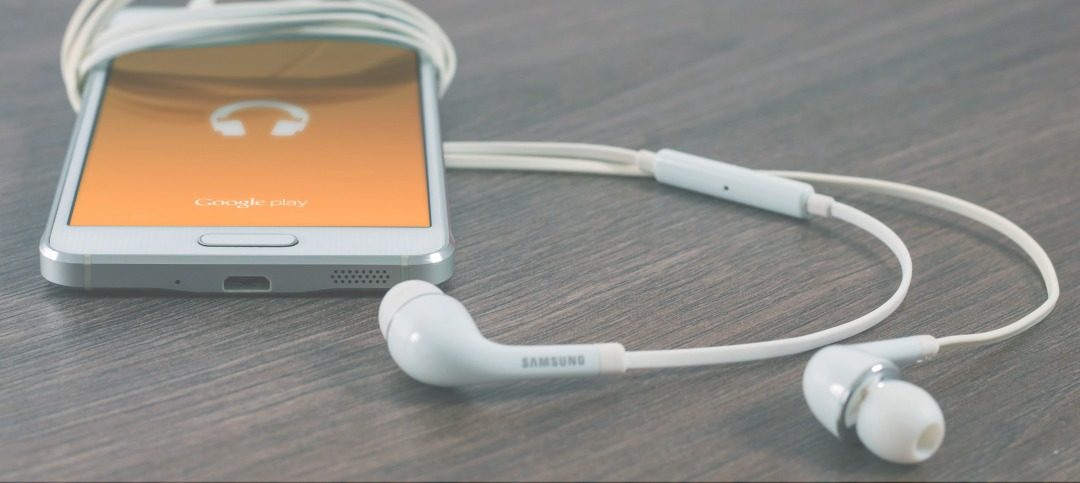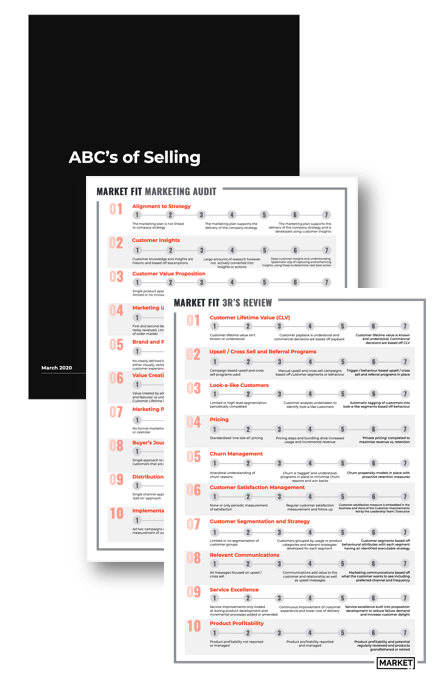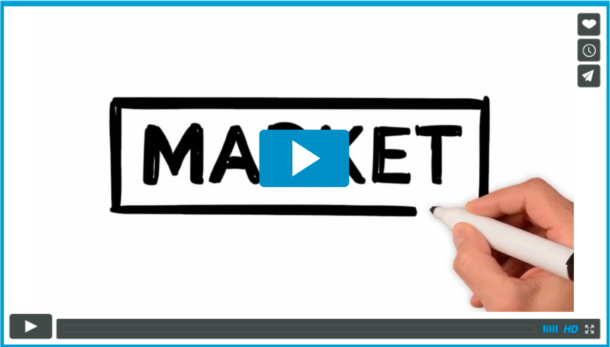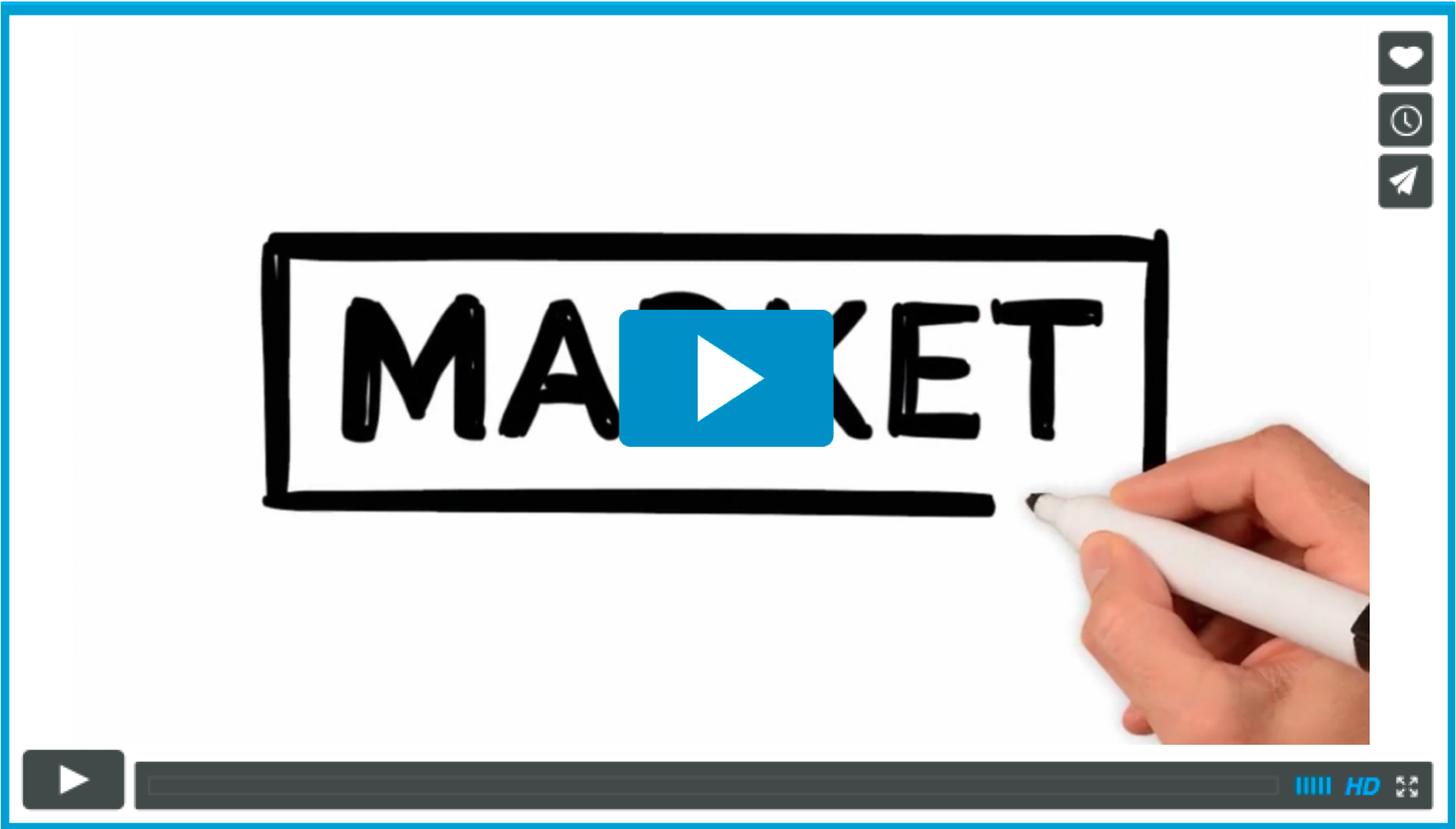Let’s kick things off with a public service announcement.
Last week I gave you some homework – namely, flick your commute onto “useful” by listening to an audio book. If you started last Friday (and especially if you speeded up the narration…) you’ve probably finished by now. Which means you’re likely starting to get what a great gig audio books are.
There is of course a downside. At $US20/book and circa. 40 books a year that’s going to add up. You could sign up to Audible through Amazon, but your $US14.95/mth ‘subscription” only gets you one book. After that you pay for each additional book, albeit with a discount. You do of course get access to some free Audible audio books, but that’s probably not what you had in mind for improving the brain.
And while we’re at it – the brain’s not what it used to be. Forty books a year is a lot of content. What chance do you have of remembering all of that info – particularly if you’re a speed listener? Reading is one thing, knowledge and action is where you actually get the benefit.
So here’s the public service bit. Get down to your library. And no, not just because you SHOULD support such a great institution as public libraries… more practically, they give you free audio books! Where I live (Auckland) a number of services are available. In fact as this is all digital you don’t even physically need to get down to the library, you can access and download everything from your smartphone.
Overdrive’s tablet and smartphone app lets me download ebooks or audiobook for free. The range is pretty good and the Auckland library service has 677 business audio books available. Some of the most popular titles include:
- The Tipping Point – Malcolm Gladwell
- Lean In – Sheryl Sandberg
- Mindset – Carol Dweck
- Blink – Malcolm Gladwell
- Start with Why – Simon Sinek
- The Lean Startup – Eric Ries
- Predictably Irrational – Dr Dan Ariely
- The Hard Thing about Hard Things – Ben Horowitz
- Delivering Happiness – Tony Hsieh
- The Magic of Thinking Big – David Schwartz
- Blue Ocean Strategy – Chan Kim
Of course, there’s always Plan B. It’s also free, and as a bonus the range is unlimited, listen to them from youtube. But – there’s a pretty big downside – as this article makes clear, it essentially piracy. I found the article through legally listening to one Ryan Holiday’s books from the library. If you think he’s exaggerating just pop onto youtube yourself and search for “audiobook full”. I got 2,170,000 results. From which the authors receive precisely nothing. So – get down to the library. You’re supporting good writing, and justifying those hefty rates increases you’ve coughed up for the last couple of years!
How to remember all of the information of these books?
Anyway, public service over, let’s get into some nerdy stuff. I want to tell you how I remember all that stuff from all those audio books. No, it’s not to Derek’s standard but hey, it works.
Every time I finish an audio book, I create a summary of the key insights and quotes. It only takes 10-15 mins but gives a good guide for future reference. You could do this in Word, Google Docs or any electronic note taking software – I use Evernote, creating a folder full of book summaries.
Here’s my current example – The Hard Thing About Hard Things, by Ben Horowitz
Title: The Hard Thing about Hard Things – Ben Horowitz
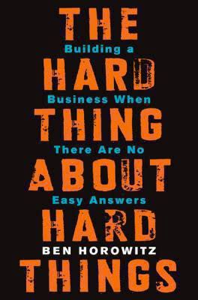
Summary: A lot of people talk about how great it is to start a business, but only Ben Horowitz is brutally honest about how hard it is to run one. One of Silicon Valley’s most respected and experienced entrepreneurs, Horowitz went from co-founding early cloud service provider Loudcloud to building the phenomenally successful Andreessen Horowitz venture capital firm. This is no polished victory lap; he analyses issues with no easy answers through his experience.
Key Takeaways:
- CEOs face tremendous pressure, they work with imperfect information or decisions – sometimes the call may be 48% yes and 52% no – you need to make the call – make the best call you can, not the perfect call.
- There’s a difference between peace time and war time CEO’s
- Three tools to help beat back the pressure:
1) Build a trusted circle of friends where you can be open about your thoughts
2) Clear your mind. Get your thoughts out of your head and onto paper.
3) Free up emotional bandwidth. Dwelling on the past and worrying about the future eat up your emotional resources.
Quotes: (I either take this from the highlights I have made on the Kindle version or get them from Goodreads)
- “Great CEOs face the pain. They deal with the sleepless nights, the cold sweats, and what my friend the great Alfred Chuang (legendary cofounder and CEO of BEA Systems) calls “the torture.” Whenever I meet a successful CEO, I ask them how they did it. Mediocre CEOs point to their brilliant strategic moves or their intuitive business sense or a variety of other self-congratulatory explanations. The great CEOs tend to be remarkably consistent in their answers. They all say, “I didn’t quit.”
- “Take care of the people, the products and the profits – in that order”
- “Sometimes an organisation doesn’t need a solution; it just needs clarity”
- “Hard things are hard because there are no easy answers or recipes. They are hard because your emotions are at odds with your logic. They are hard because you don’t know the answer and you cannot ask for help without showing weakness.”
- “Nobody cares. And they are right to not care. A great reason for failing won’t preserve one dollar for your investors, won’t save one employee’s job, or get you one new customer. It especially won’t make you feel one bit better when you shut down your company and declare bankruptcy.”
- Etc…
If there is a more detailed summary available online either add or link to it http://keytakeaways.io/books/the-hard-thing-about-hard-things/
As I said, geeky but it works – the good thing is I’m shamelessly nicking repurposing stuff other people have already done and posted on the interwebs – it just takes ten minutes or so to organise it into your own system.
Read, knowledge and most importantly action
Enjoy
KS

